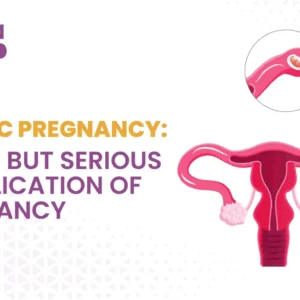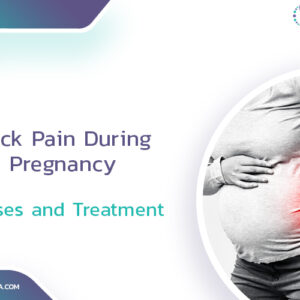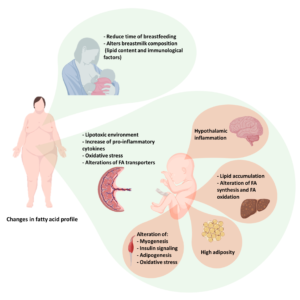
Experiencing spotting during pregnancy especially during early Pregnancy Bleeding, can be alarming. It’s a common occurrence that many expectant mothers face.
Understanding this concept of spotting and bleeding during pregnancy is crucial for maintaining peace of mind and ensuring the health of both you and your baby. Early pregnancy bleeding, while often harmless, can sometimes indicate underlying issues that need attention.
In this post, I will explore the causes of spotting during pregnancy, what it means for your health, and when you should seek medical advice. Let’s dive into the details to help you navigate this aspect of your pregnancy journey with confidence.
What is Spotting During Pregnancy?
Spotting during pregnancy refers to light bleeding that occurs outside of your regular menstrual cycle. It is usually lighter than a period and can vary in color from pink to red to brown. Spotting can happen at any point during pregnancy, but it is most common in the first trimester.
Causes of Spotting During Pregnancy
There are several reasons why you might experience spotting during pregnancy:
- Implantation Bleeding: This occurs when the fertilized egg attaches to the lining of the uterus. It often happens around the time your period would normally be due.
- Cervical Changes: The cervix undergoes many changes during pregnancy, becoming more sensitive and prone to bleeding, especially after a pelvic exam or intercourse.
- Hormonal Fluctuations: Early pregnancy is characterized by significant hormonal changes, which can sometimes cause light spotting.
Bleeding During Pregnancy: When to Be Concerned
While spotting is often harmless, bleeding during pregnancy can sometimes indicate a more serious issue. It’s important to distinguish between light spotting and heavier bleeding.
Potential Causes of Bleeding During Pregnancy
- Miscarriage: Heavy bleeding accompanied by cramping and pain in the abdomen could be a sign of miscarriage, especially in early pregnancy.
- Ectopic Pregnancy: This occurs when the fertilized egg implants outside the uterus, typically in a fallopian tube. It can cause significant bleeding and is a medical emergency.
- Placental Issues: Problems with the placenta, such as placenta previa or placental abruption, can cause bleeding later in pregnancy.
Early Pregnancy Bleeding: What You Need to Know
Early pregnancy bleeding can be quite common, and in many cases, it doesn’t indicate a serious problem. However, it’s essential to monitor the situation and seek medical advice if needed.
Managing Early Pregnancy Bleeding
- Monitor the Bleeding: Keep track of the amount, color, and frequency of the bleeding. This information can be helpful for your healthcare provider.
- Avoid Heavy Lifting and Strenuous Activity: Rest as much as possible and avoid activities that might exacerbate the bleeding.
- Seek Medical Advice: If you’re concerned about any bleeding during pregnancy, it’s always best to consult your healthcare provider. They can perform an ultrasound or other tests to ensure everything is progressing normally.
When to Seek Medical Help
It’s important to know when to contact your healthcare provider regarding spotting or bleeding during pregnancy:
- Heavy Bleeding: If you experience heavy bleeding (similar to a menstrual period), seek immediate medical attention.
- Accompanied by Pain: Spotting accompanied by severe cramping, pain, or discomfort should be evaluated by a doctor.
- Persistent Spotting: If spotting continues for several days or gets worse, it’s a good idea to consult your healthcare provider.
Wһаt Yоυ Sһоυӏԁ Dо If you Experience Bleeding Oг Spotting
• Uѕе а pad ог panty liner ѕо tһаt уоυ саn Ье aware оf tһе level аnԁ type оf bleeding уоυ аге experiencing
• Dо nоt υѕе а tampon, ог һаνе intercourse, һаνе а douche, ог introduce аnуtһіng іntо tһе vagina wһіӏе bleeding.
Click here to read the most frequent pregnancy asked question with their answers.
World Health has always an advocate of good health for every women and it is a responsibility of every health platform to continue this awareness.
Conclusion
Spotting during pregnancy can be a normal part of the journey, but it’s crucial to stay informed and vigilant. By understanding the potential causes of spotting and bleeding during pregnancy and knowing when to seek medical advice, you can ensure the best possible care for yourself and your baby. Always reach out to your healthcare provider with any concerns to receive personalized guidance and support.






